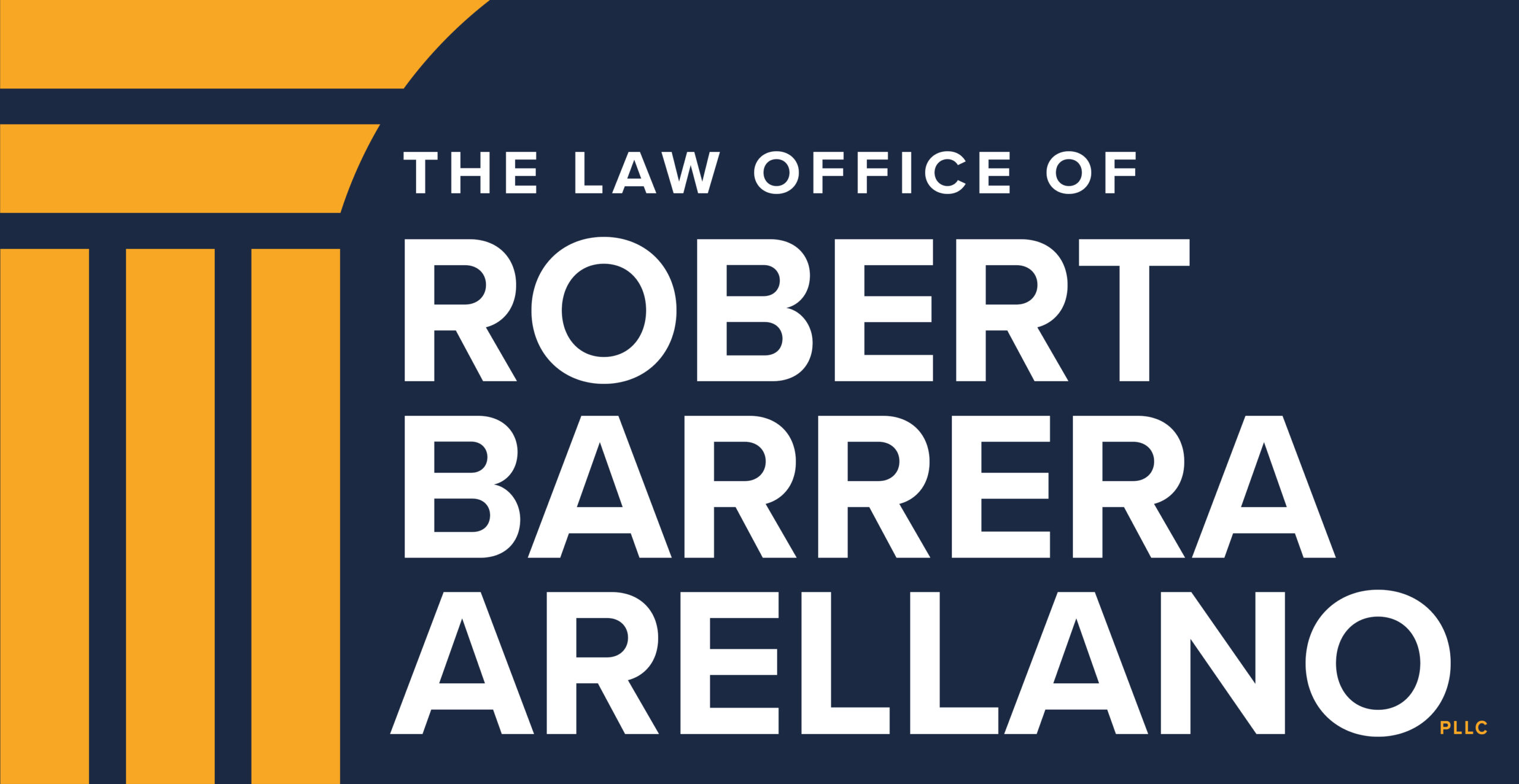
Juvenile Crimes Blog
Understanding Juvenile Records in Texas
Juvenile records include arrests, court proceedings, and outcomes related to offenses committed by individuals under 17 years old. While these offenses occur before adulthood, they can still impact future opportunities.
The good news? Texas law allows juveniles to seal or expunge their records under the right conditions.
What Is Record Sealing vs. Expungement?
What Is Record Sealing?
Sealing a juvenile record means that it is no longer accessible to the public, employers, or landlords. However, certain government agencies may still view the record under specific circumstances.
What Is Expungement?
Expungement completely erases the record as if it never existed. Once a record is expunged, no one—including law enforcement—can access it.
Why Sealing or Expunging a Juvenile Record Matters
Clearing your juvenile record can:
Improve job and education opportunities
Remove obstacles to professional licensing
Enhance housing prospects
Provide peace of mind and a fresh start
Eligibility for Juvenile Record Sealing in Texas
You may qualify for record sealing if:
You were never transferred to adult court
You completed your sentence or probation
You have not committed another offense since your juvenile case
If your case was dismissed or you completed a deferred prosecution program, you might be eligible for automatic record sealing.
Eligibility for Juvenile Record Expungement in Texas
To be eligible for expungement, you must meet one of the following criteria:
Your case was dismissed with no guilty finding
You were found not guilty
You completed a diversion program successfully
The statute of limitations expired on your offense
How to Seal a Juvenile Record in Texas
Step 1: Determine Eligibility
Check if you meet the legal requirements for record sealing.
Step 2: File a Petition for Sealing
Submit a formal request to the juvenile court in the county where the case was handled.
Step 3: Attend a Court Hearing
A judge will review your case and decide whether to grant the request.
Step 4: Court Decision
If approved, the record is sealed, making it inaccessible to the public.
How to Expunge a Juvenile Record in Texas
Step 1: Check If You Qualify for Expungement
Ensure your case meets Texas expungement requirements.
Step 2: File a Petition for Expungement
Submit the required legal forms to the court that handled your case.
Step 3: Appear in Court
The judge will review your request and hear any objections from the prosecutor.
Step 4: Wait for the Judge’s Decision
If approved, the record is permanently deleted from public and government databases.
Common Mistakes to Avoid When Filing
Not confirming eligibility before filing
Missing court deadlines
Failing to provide complete documentation
Not hiring an attorney to navigate legal complexities
How Long Does It Take to Seal or Expunge a Record?
Record Sealing: 30–90 days
Expungement: 3–6 months
Timeframes vary based on case complexity and court backlog.
Cost of Sealing or Expunging a Juvenile Record in Texas
Sealing fees: $100–$400
Expungement fees: $300–$1,000
Attorney fees: Vary based on case complexity
Can a Sealed or Expunged Record Be Accessed Again?
Sealed records may still be accessed by law enforcement and some government agencies.
Expunged records are completely erased and cannot be retrieved.
Benefits of Hiring a Lawyer for the Process
Ensures eligibility before filing
Avoids paperwork errors and delays
Increases the chances of approval
Represents you in court for a smooth process
Why Choose The Law Office of Robert Barrera Arellano?
Experienced in juvenile record cases
Personalized legal guidance
Proven track record of success
Affordable legal services
Don’t let a past mistake define your future. Contact The Law Office of Robert Barrera Arellano for expert legal assistance in sealing or expunging your juvenile record.

Unless sealed or expunged, juvenile records remain accessible indefinitely.
No. Serious crimes like murder and sexual offenses typically cannot be sealed or expunged.
While not required, hiring a lawyer greatly improves your chances of success.
You can apply immediately if your case was dismissed or you completed a diversion program.
You can reapply later or appeal the decision with legal help.